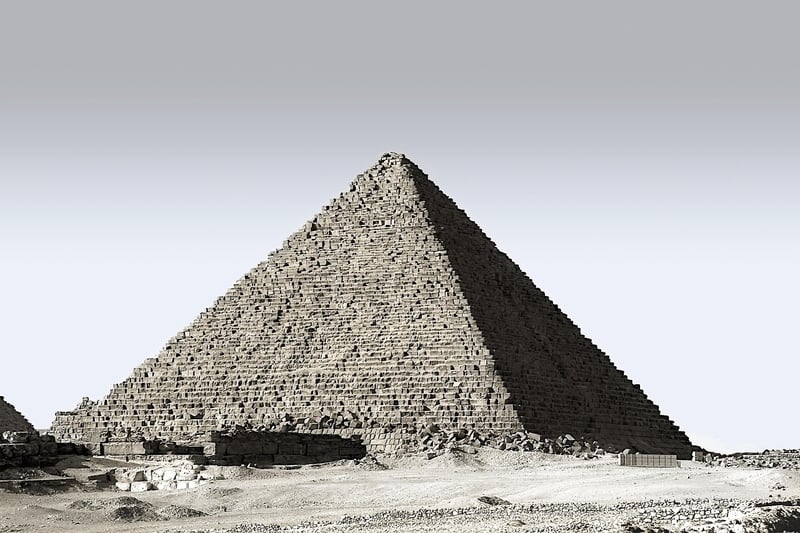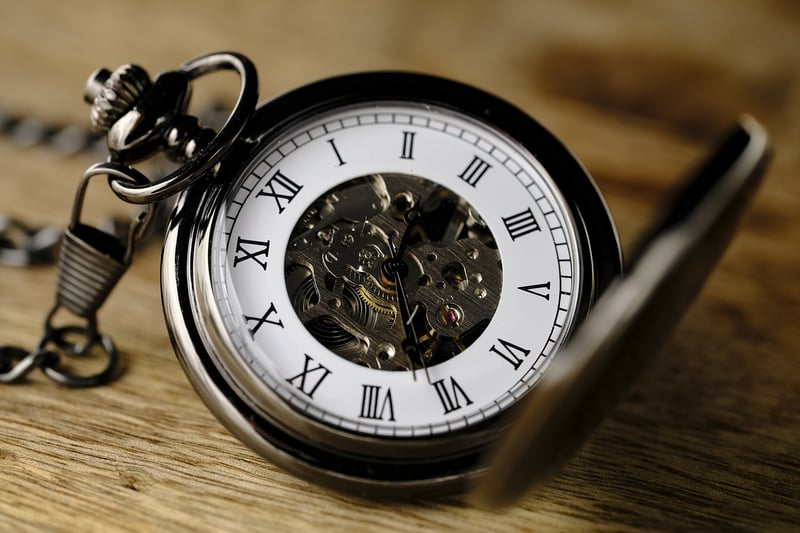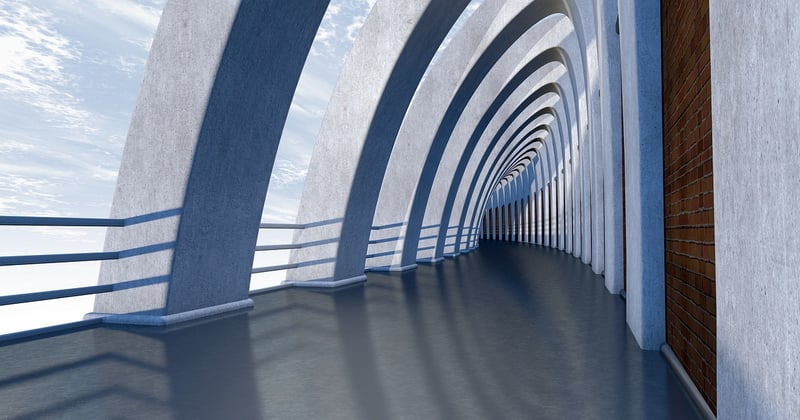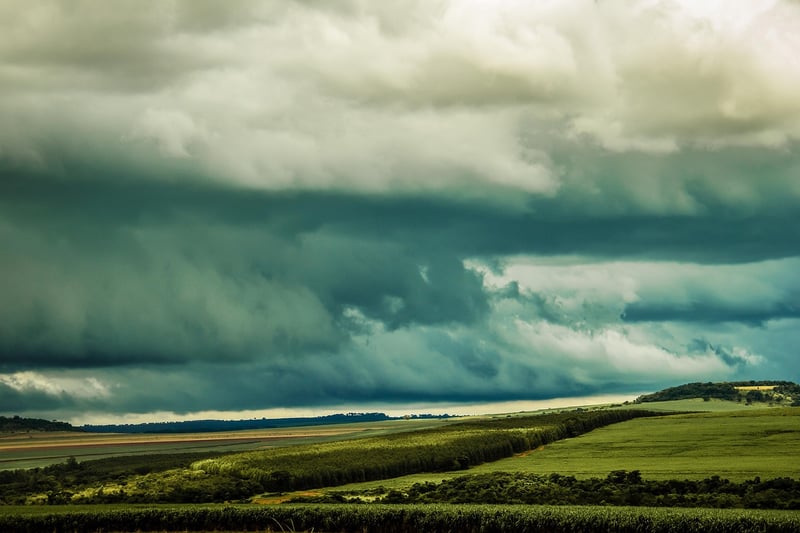Temporal Discoveries
Temporal Discoveries: Exploring the Past, Present, and Future
Time, an ever-flowing river, has fascinated humanity for centuries. From ancient civilizations to modern scientific breakthroughs, the concept of time has been a subject of exploration and discovery. Let's embark on a journey through the past, present, and future to unravel the mysteries of time.
The Past
In the annals of history, civilizations have pondered the nature of time. The ancient Egyptians used sundials to track the passage of time, while the Mayans developed a complex calendar system. Fast forward to the Middle Ages, and the invention of mechanical clocks revolutionized timekeeping. The past serves as a foundation for our understanding of time today.

The Present
Today, we stand at the intersection of technology and time. Atomic clocks, based on the vibrations of atoms, are the most accurate timekeeping devices ever created. Our modern world relies on precise time measurement for everything from global communication to GPS navigation. The present moment is shaped by our ability to master time.

The Future
Looking ahead, the future of time holds infinite possibilities. Theoretical physics delves into concepts like time dilation and wormholes, challenging our perception of past, present, and future. Quantum computing may unlock new ways to manipulate time, leading to advancements we can only imagine. The future promises to be a frontier of temporal discovery.

Conclusion
As we journey through the past, present, and future, one thing remains certain – time is a realm ripe for exploration. From ancient sundials to atomic clocks and beyond, humanity's quest to understand and harness time continues. Let us embrace the mysteries of time and embark on new temporal discoveries that will shape our understanding of the universe.
Join us in unraveling the tapestry of time, where each moment holds the key to unlocking the secrets of existence.
